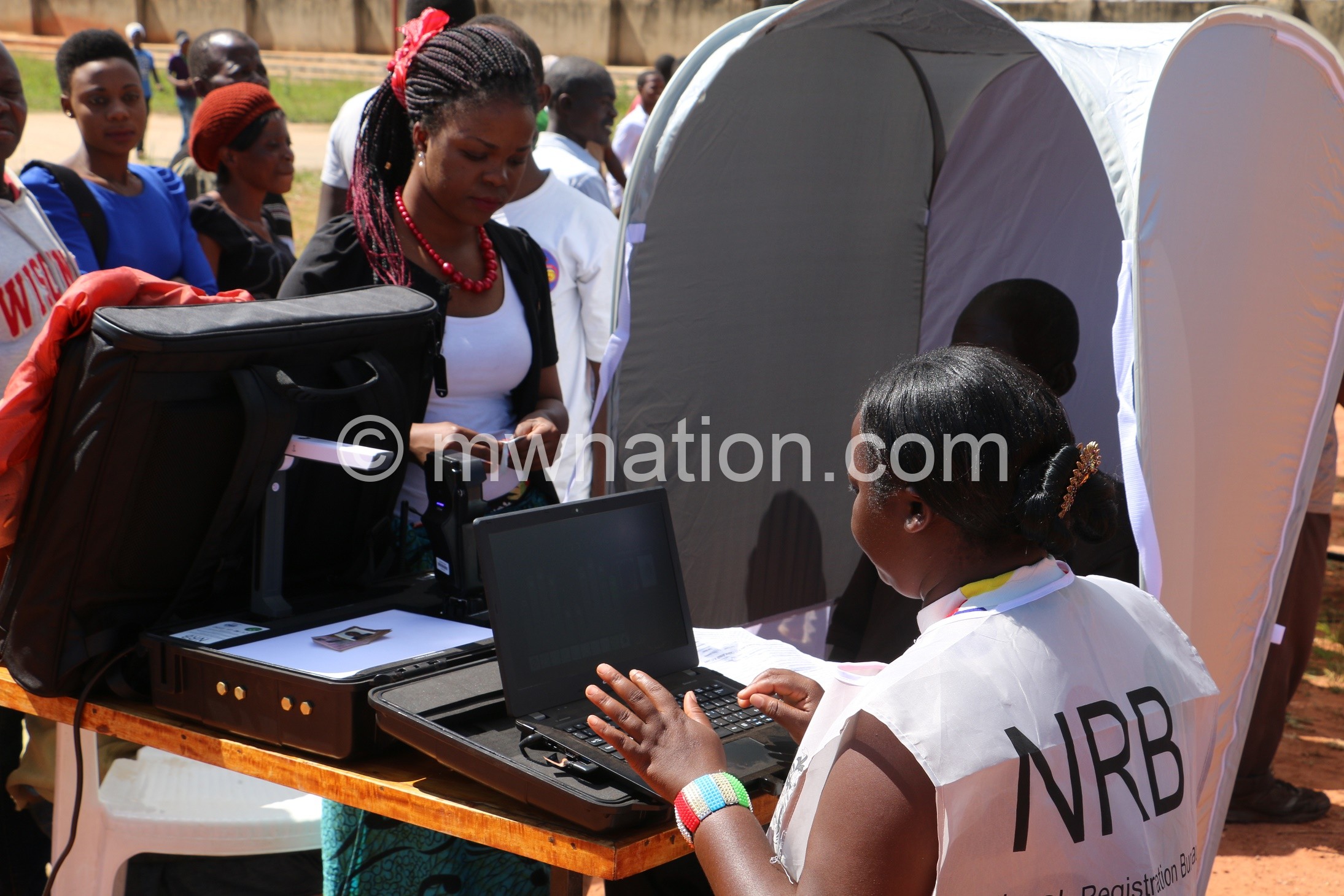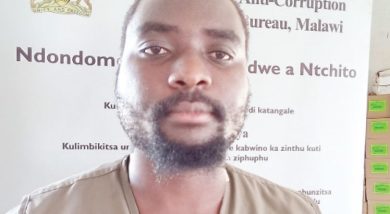‘Bring back shoot to kill’
 “The thieves came to our neighbours’ house [and] they only managed to steal one and a half bags of cement. They tied the man to a tree, beat him up and gang raped his seven-month pregnant wife. They were five [of them].
“The thieves came to our neighbours’ house [and] they only managed to steal one and a half bags of cement. They tied the man to a tree, beat him up and gang raped his seven-month pregnant wife. They were five [of them].
“As a woman, a proud Malawian and a Christian, I say shoot! Kaya ndi to disable kaya ndi chani koma (whether it is to disable or whatever) shoot they must! It’s high time.â€
This is the story from one respondent to a survey Nation on Sunday recently conducted. It might be the recent murders and robberies, or Malawians might just want some blood spilt. They want police to shoot with the intent to kill criminals just as late Bingu wa Mutharika directed.
Seventy Four percent of the 1500 people that Nation on Sunday sampled across Malawi were in favour of bringing back the Mutharika era shoot-to-kill decree.
On 18 January 2011, Mutharika directed police to shoot to kill criminals. In June this year the Joyce Banda regime reversed the order, a move which some Malawians say has encouraged criminals to come out of their holes.
‘Use firearms’
Police spokesperson Davie Chingwalu was unmoved with the survey findings. He said police have never had a shoot-to-kill policy. He said, the police are governed by the Police Act, as such do not take orders from people outside the service.
“There is no such thing as shoot to kill. Section 44 of the Police Act empowers the police to use firearms and gives us policy guidelines on their usage. We are trained and we were not moved with what somebody said,†stated Chingwalu.
Nicholas Dausi, who speaks for DPP, the party which Mutharika founded and led, agreed with Chingwalu, saying the country’s security apparatus is well trained and does not need any interference.
Chingwalu said police are like Christians who abide by the commandments listed in Exodus 20 in the Holy Bible. He said even if an influential person comes and directs that a Christian steals, a real Christian would not because it is against the law.
Home Affairs Minister Uladi Mussa shed more light, saying police can actually shoot criminals but only when the situation calls for it.
“If anyone wants shoot to kill they should change the law because there is no such thing as shoot to kill in the Constitution. Read the Constitution and tell us where it is,†said Mussa.
‘Bring in security experts’
Human rights activist Undule Mwakasungula did not hide his disagreement with the survey findings, saying bringing back the policy would be like saying ‘let us go back to the law of the jungle.’ He, however, understood Malawians.
“It’s the frustration which the people have with the current insecurity. And it shows that government has failed to deal with the security issue… Let government bring in security experts and other stakeholders to see what could be done to deal with this challenge.
“We also need to look into equipping the law enforcers with sophisticated equipment to deal with crime. Let’s support the police with required resources, which include motivating salaries and better equipment,†said Mwakasungula.
Human rights activist Billy Mayaya added that there is need for security institutions to engage the public in community policing as well as civic education. Mayaya also called on the beefing up of the capacity of police and intensification of neighbourhood patrols.
“The current tip-offs project with cell phone providers is a good starting point. Internalisation of human rights values and principles that stress the sanctity of life is also crucial in erasing the current thinking that having trigger-happy policemen being given licence to shoot at any suspect is the panacea for solving the escalating levels of crime,†said Mayaya.
‘Innocent until proven guilty’
What about the crime our respondent described above? Would one not fancy a bullet in the head of such criminals?
No, said Undule: “Suspects are innocent until proven guilty by the competent court of law. We are a nation governed by laws and we need to promote the rule of law at all times. The challenge is the shoot-to-kill policy will end up even targeting innocent citizens and in some cases used wrongly.â€
And another no from Mayaya: “The law is clear. Everybody is presumed innocent until proven guilty in a court of law. When people take the law into their own hands it only adds another layer of complexity as they also have to answer charges in court.â€
For Dr Blessings Chinsinga, a political analyst and Chancellor College lecturer, the survey speaks of the hopelessness gripping Malawians in the wake of the economic hardships they are living in.
Chinsinga argues that people have gone into crime because of the bad economy and people want shoot to kill as a solution to their hopelessness and to guard the little they have.
He added that the survey shows that Malawians do not understand democracy because if they did, they would not call for such policies.
“Security is paramount; it gives people peace of mind. It makes a country favourable for investment and we need strategies to make Malawi safer without compromising onÂ





